Faculty of Agricultural and Environmental Sciences
The history of Macdonald Campus and the Faculty of Agricultural and Environmental Sciences
1905 and earlier
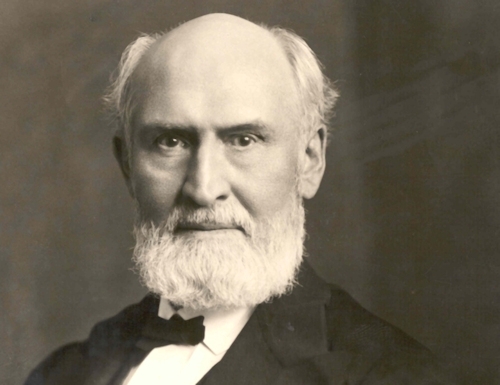
Sir William C. Macdonald
Canadian industrialist Sir William C. Macdonald, whose greatest cause was education, becomes one of McGill University's greatest benefactors and the fourth Chancellor of the University (1914-1917). He dedicates himself to improving the quality of life in Quebec's rural communities and to train rural leaders to meet the future needs of a nation.
1906 - 1916
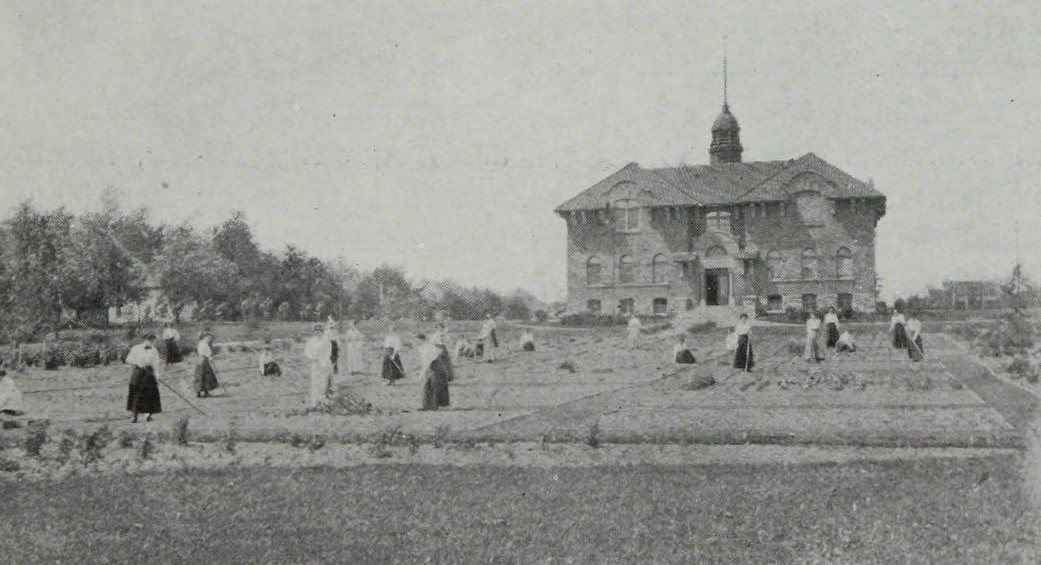
Building Macdonald College
The McGill Board of Governors officially welcomes the new College consisting of the School of Agriculture, the School of Household Science, and the School for Teachers on June 18, 1906. The College reflects Sir William's conviction that "farm, home, and school" are the three pillars of society. Classes in all three Schools start in November 1907 and the first student Council, with representatives from all three schools, forms in 1910. The College awards its first degrees in 1911.
1917-1927
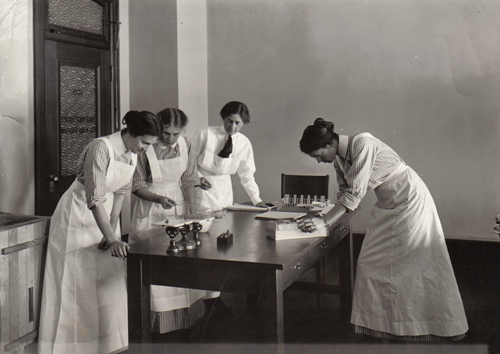
Years of Uncertainty
“In the last twenty years, Macdonald has set up a record of achievement both in education and in research which has given her a standing of international importance in her field. Four thousand students have entered her portals. Four thousand have left equipped to meet the problems of their work, and through experiment and teaching to render more profitable and less onerous the pursuit of agriculture.” Montreal Daily Star, November 1927.
1928 - 1938
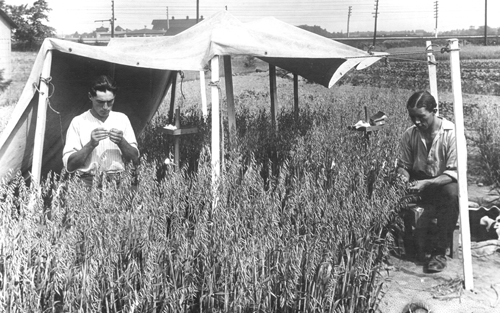
Breaking New Ground
The College begins to grow initiatives that will prove to be of local, national, and international importance over the decades. Key developments of the decade include the relocation of the Provincial Seed Farm from Ste. Rosalie, QC to Macdonald in 1921, and the creation of the Institute of Parasitology in 1932. The Ayshire Macdonald Dorothy sets a world record for butterfat production. The community plants forty-four oak trees around Memorial Field to honour the 34 Macdonald students who lost their lives during World War 1.
1939-1949
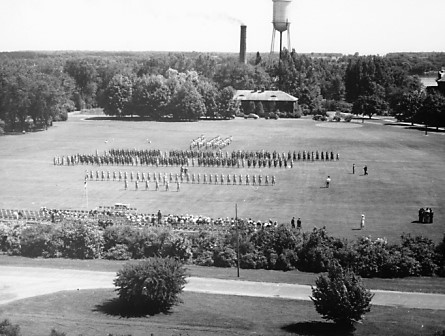
The College & World War 2
College personnel and alumni make significant contributions to the war effort at home and abroad. Researchers improve crop varieties and develop novel food processing and preservation technologies. New courses on malaria and malaria control are offered to army medical officers and technicians. Dietitians work to optimize the nutrition of service personnel.
1950-1960
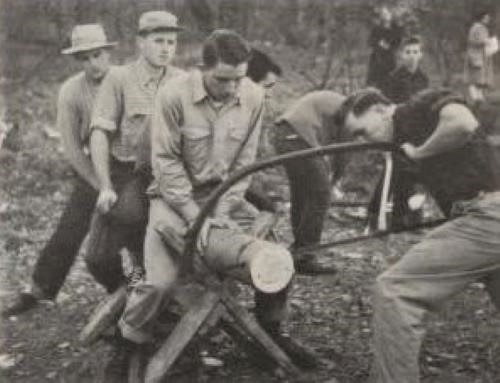
The Post-War Years
As the College prepares to celebrate its Semi-Centenary, the Macdonald Aggies win the McGill Outing Club's second annual intramural-intercollegiate Woodsmen Competition. Over the years Macdonald teams have had their names etched on trophies more than 100 times. The College continues to expand its influence beyond its gates. In 1959, "Better Farming Days" brings 2800 visitors to campus.
1961-1971
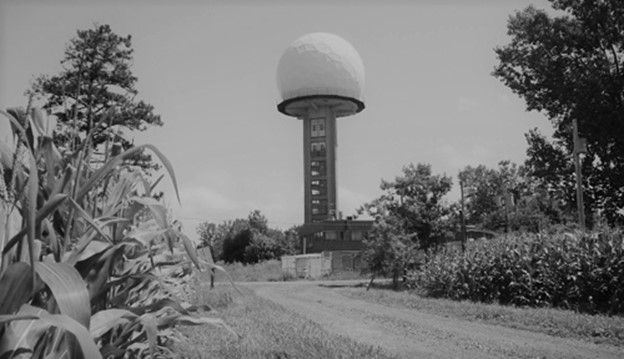
College Developments
John Moxley's vision for a dairy herd improvement operation became a reality in 1966 with the launch of the Dairy Herd Analysis Service. Half a century later, in partnership with the University, Lactanet Canada provides advice around the world on almost every conceivable aspect of dairy production, ranging from component analyses and quota projection to cow nutrition, comfort, and welfare.
1972-1982
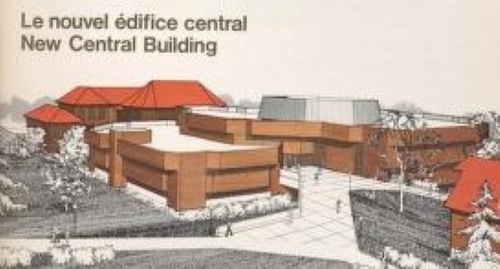
A Changing Landscape
Campus partnerships expand on the heels of the relocation of the Faculty of Education to new premises at McGill. John Abbott College relocates operations to Macdonald – and a new home is built to house programs in the Faculty. The Avian Science and Conservation Centre and the McGill Herbarium are established.
1983-1993

Food and Nutrition
The Faculty creates the Department of Food Science and Agricultural Chemistry and the School of Dietetics and Human Nutrition. Under the leadership of Professor Emerita Harriet V. Kuhnlein, Canada's Aboriginal Leaders and McGill establish the Centre for Indigenous Peoples' Nutrition and Environment.
1994-2005
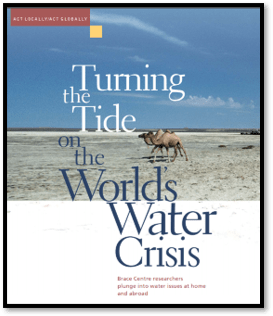
Focus on the Environment
For more than four decades, Prof. Robert Broughton conducts research on soil and water problems and land improvement around the world. This work leads to increased food production and capacity in Quebec’s irrigation and drainage industry, as well as improvements in the Province’s municipal water systems and its recreational facilities. The Centre for Drainage Studies and the Brace Research Institute merge to form the Brace Centre for Water Resources Management. The new inter-faculty McGill School of Environment aims to break down disciplinary silos across the university and equip students with a comprehensive and strategic interdisciplinary perspective on the environment.
2006-2020
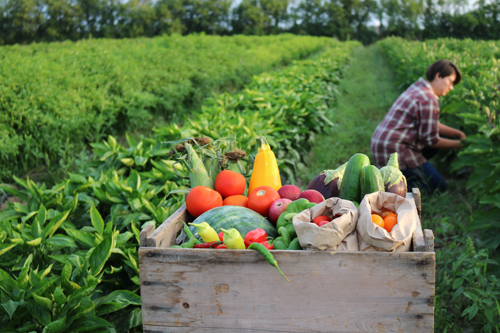
Our Second Century Begins
The Macdonald community lives by its motto, "Mastery for Service." Food grown at Macdonald is served in university dining halls. Award-winning, nutritionally- dense foods created by our students provide sustenance to marginalized populations. The Margaret A. Gilliam Institute for Global Food Security strives to improve the socio-economic status of over one billion people suffering from hunger, malnutrition, and lack of clean water – and the reinvigorated Bieler School of Environment aims to advance environmental research and scholarship for the entire planet.
